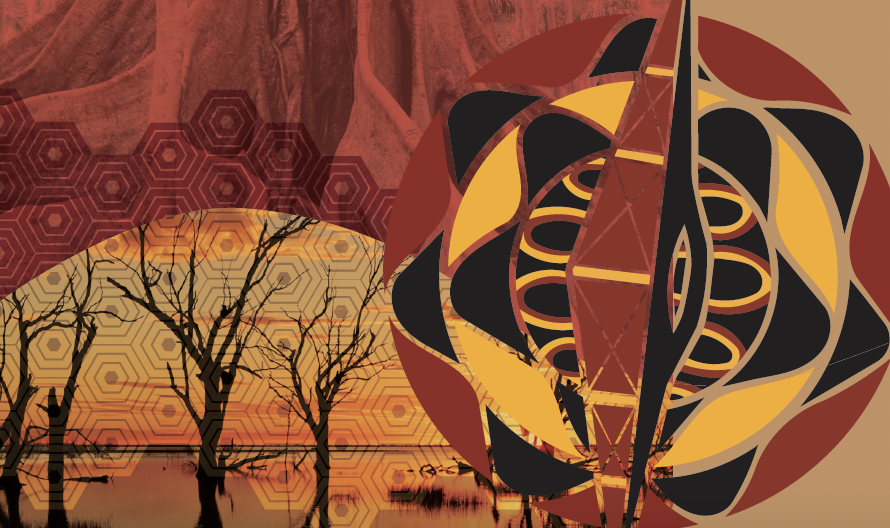The power of nation building to improve Indigenous peoples’ health and wellbeing

A new discussion paper sets a framework for Aboriginal and Torres Strait Islander peoples to take control of their health and wellbeing through nation building.
The discussion paper, Indigenous Nation Building and the Political Determinants of Health and Wellbeing is published by Lowitja Institute in partnership with Jumbunna Institute for Indigenous Education and Research at the University of Technology Sydney (UTS). Led by Professor Daryle Rigney, a citizen of the Ngarrindjeri Nation, the paper demonstrates that self-governance and self-determination through nation building results in improved health outcomes for Indigenous peoples.
The authors – Daryle Rigney, Simone Bignall, Alison Vivian and Steve Hemming – explain how Aboriginal and Torres Strait Islander authorities can create and govern community controlled policies and programs. Nation building aims to strengthen the positive political, social and cultural conditions needed for holistic health and wellbeing.
“Our research serves to support Aboriginal and Torres Strait Islander collectives across the continent who continue to enact their sovereign responsibilities and practice nation building as an effective pathway to increased self-determination through self-government,” Professor Rigney said.
“Having local control over primary healthcare and wellbeing programs enables communities to focus on the relevant social, emotional and cultural contexts that support healthy lives.”
The key finding in the paper outlines that Indigenous nation building enables healthy futures for Aboriginal and Torres Strait Islander peoples because it comprehensively enacts self-determination and so addresses the broad social, cultural and political determinants of health and wellbeing.
Good health relies on good governance of the wider social, economic and cultural supports through which communities can maintain connection to lands and waters, continue to develop thriving economies, rejuvenate, grow and maintain languages and traditions, and provide culturally appropriate schooling throughout the life course.
Lowitja Institute CEO Adjunct Professor Janine Mohamed said understanding our right to govern is central to the ongoing advocacy of Aboriginal and Torres Strait Islander leaders seeking transformations within the Australian political landscape.
“As we work towards embedding the Uluru Statement from the Heart, now is the time for us to harness and centre nation building within communities so we can influence national health policy and strengthen healthy futures for Aboriginal and Torres Strait Islander peoples.”
“Through self-governance, we can have a seat at our table and ensure Aboriginal and Torres Strait Islander peoples determine cultural, social and political conditions that uphold health and wellbeing,” Dr Mohamed said.
The paper draws on evidence from across Australia and internationally to show how individual health and community wellbeing both stand to improve when Indigenous peoples are empowered to govern their affairs.
“Through nation building, we can challenge imposed values and settler-colonial economies that have resulted in persistent health disparities, and work towards improving health and wellbeing for our peoples,” Professor Rigney said.
“Pursuing nation building as a platform for self-determination can be a transformative way of understanding the holistic quality of health, and self-government and how it enhances our capacity for realising successful community outcomes.”
Read the Indigenous Nation Building and the Political Determinants of Health and Wellbeing – Discussion Paper
For more information or to arrange an interview with the Lowitja Institute or Professor Daryle Rigney, please contact Jo Cackett on 0474 727506

